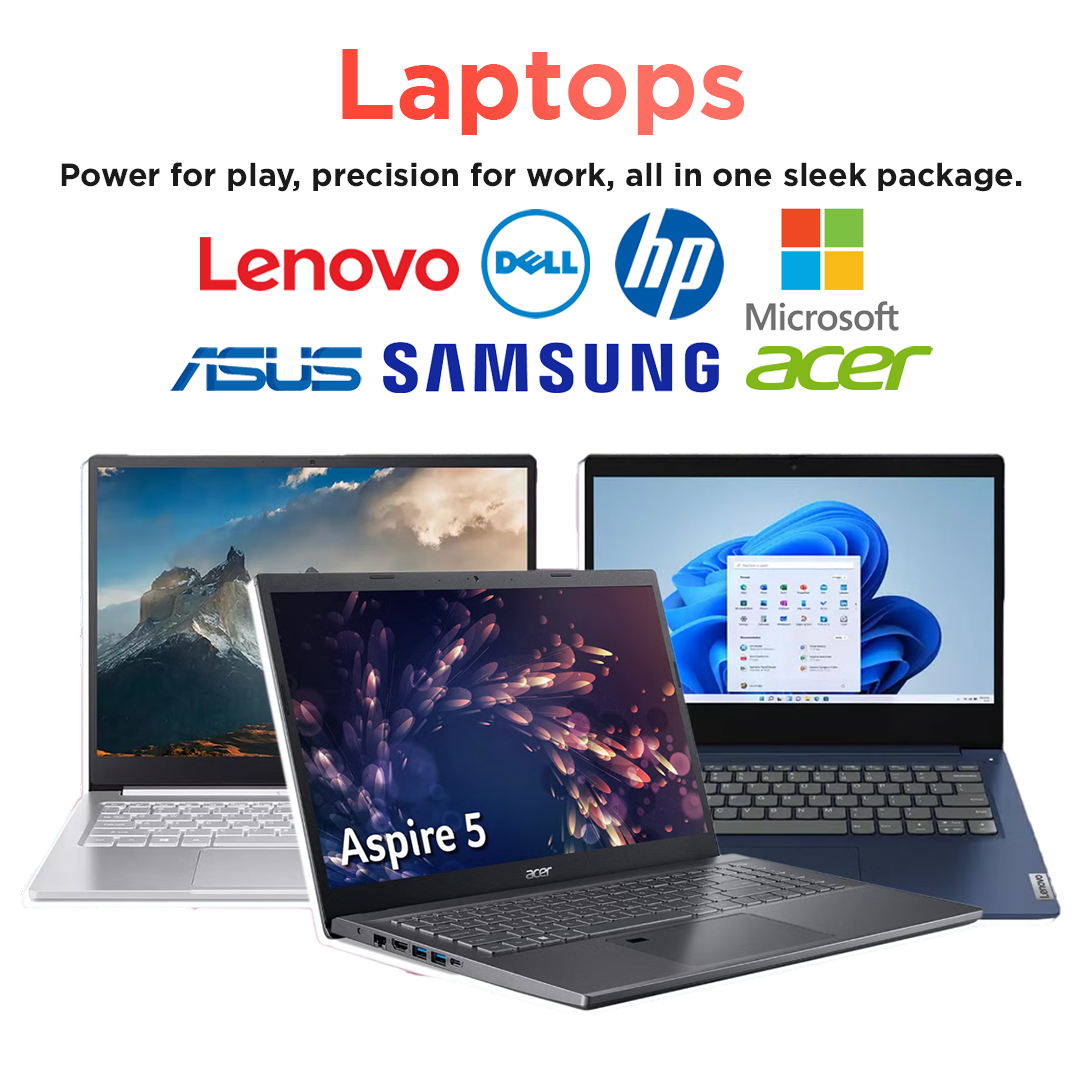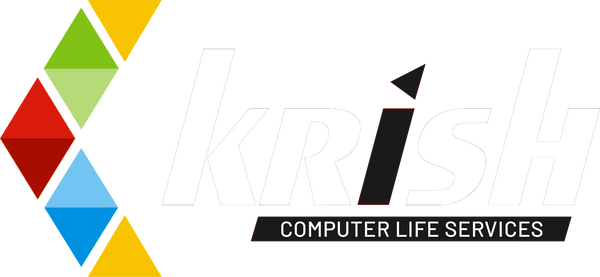NAS
Welcome to our comprehensive guide on Network Attached Storage (NAS). In this article, we will explore the features, benefits, and applications of NAS devices, as well as provide expert advice on choosing the right NAS solution for your needs.
What is Network Attached Storage (NAS)?
Network Attached Storage, commonly referred to as NAS, is a specialized storage device that connects to a network, allowing multiple users to access and share data simultaneously. Unlike traditional storage solutions, such as external hard drives or USB flash drives, NAS devices are designed to provide centralized storage and advanced data management capabilities.
Key Features and Benefits of NAS:
1. Storage Capacity: NAS devices offer scalable storage capacity, allowing you to easily expand your storage as your needs grow. With options ranging from a few terabytes to multiple petabytes, NAS devices can accommodate the storage requirements of individuals, small businesses, and large enterprises.
2. Data Redundancy and Protection: NAS devices support various RAID configurations, which provide data redundancy and protection against drive failures. By distributing data across multiple drives, NAS devices ensure that your data remains accessible even if one or more drives fail.
3. File Sharing and Collaboration: NAS devices enable seamless file sharing and collaboration among users on the same network. Whether you're working on a team project or sharing media files with family and friends, NAS devices make it easy to access and share data securely.
4. Remote Access: Many NAS devices offer remote access capabilities, allowing you to access your files from anywhere in the world. With secure remote access, you can retrieve important documents, stream media, or manage your NAS device remotely using a web browser or dedicated mobile app.
5. Data Backup and Recovery: NAS devices often include built-in backup and recovery features, making it simple to protect your valuable data. Whether you prefer scheduled backups or real-time replication, NAS devices offer flexible backup options to ensure the safety of your files.
Choosing the Right NAS Solution:
When selecting a NAS solution, it's essential to consider your specific requirements and use cases. Here are a few factors to keep in mind:
1. Storage Capacity: Determine the amount of storage you need both now and in the future. Consider factors such as the number of users, types of files, and expected growth to ensure your NAS device can accommodate your storage needs.
2. Performance: Evaluate the performance specifications of different NAS devices, including processor speed, memory, and network connectivity. Higher-performance NAS devices are better suited for tasks that involve heavy data transfer or multimedia streaming.
3. RAID Configuration: Understand the different RAID configurations available and choose one that aligns with your data protection requirements. RAID 5, RAID 6, and RAID 10 are popular choices for balancing data redundancy and storage efficiency.
4. Software and Applications: Consider the software and applications offered by the NAS device. Look for features such as file synchronization, media streaming, and integration with cloud services to enhance your NAS experience.
5. Expandability: Ensure that the NAS device supports expandability options, such as additional drive bays or expansion units. This will allow you to increase your storage capacity as needed without replacing the entire device.
Conclusion:
Network Attached Storage (NAS) devices offer a reliable and efficient solution for centralized storage, data sharing, and backup. Whether you're a home user, small business, or enterprise, NAS devices provide the flexibility, scalability, and data protection necessary to meet your storage needs. By considering your specific requirements and choosing the right NAS solution, you can enhance your data management capabilities and streamline your workflow.
For more information or assistance in choosing the right NAS solution for your needs, please contact our expert team at support@krishcomputer.com or call us at 9727270993.

